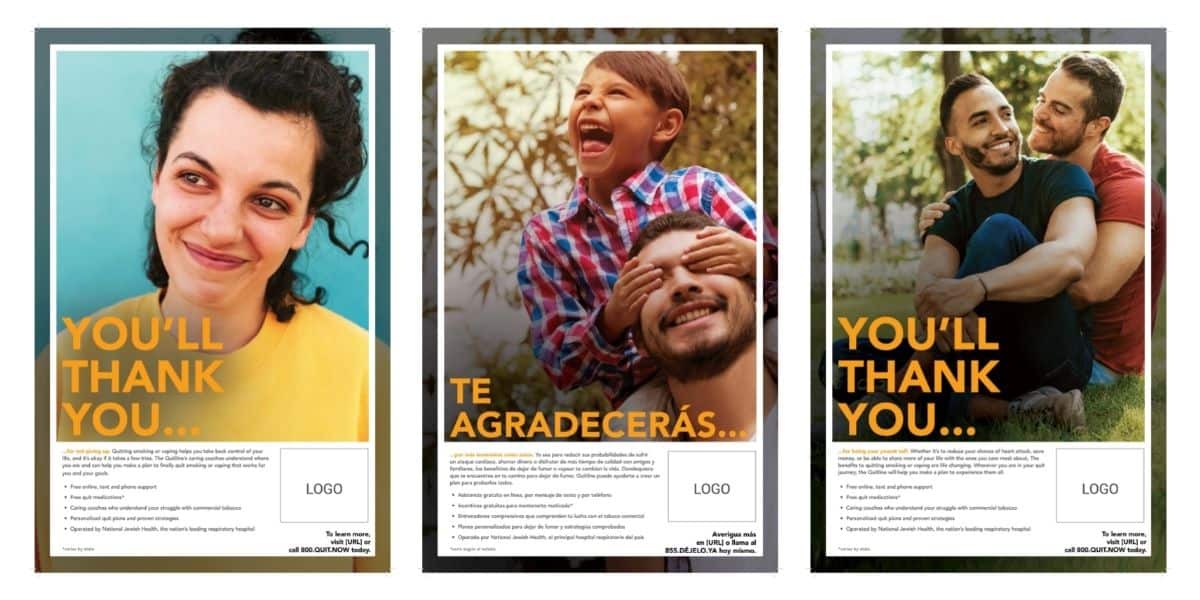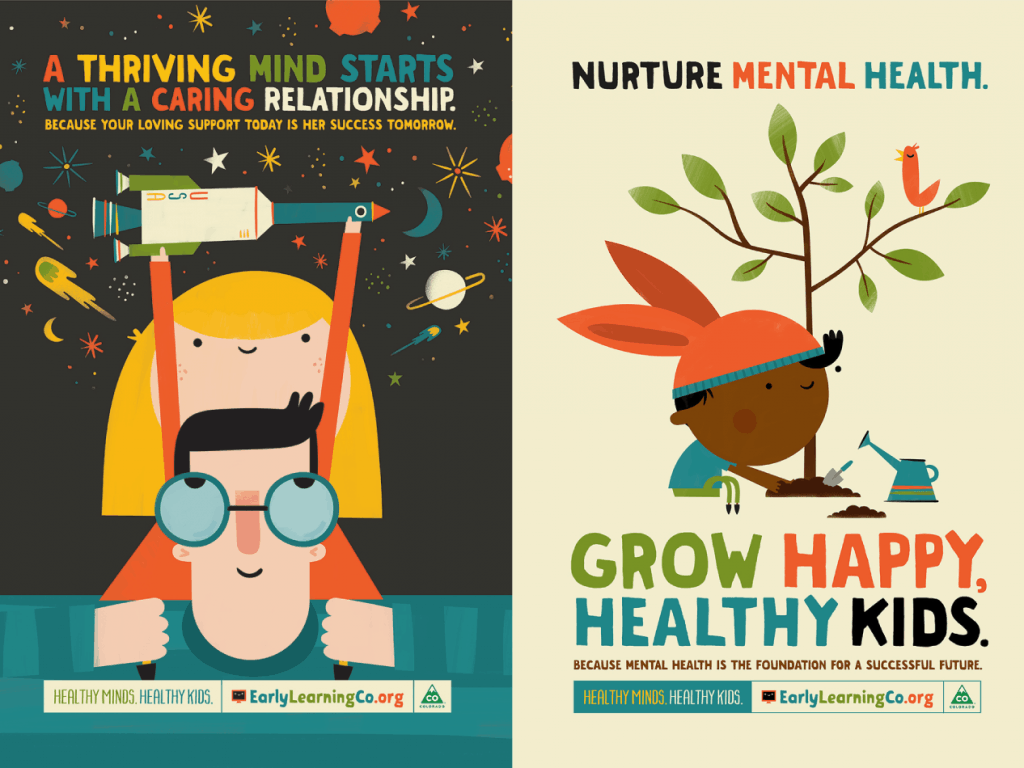Well, how many ways can I say this…. yes, si, oui, ja, sim, ken, jes, hai, ndiyo, haan and na’am.
YES, you need a social media policy. Frankly, I am shocked by how many organizations don’t already have one.
“Why do we need one?”
Here’s why:

You need to protect your organization from the unintentional (and sometimes intentional) stupid things your employees do.
Employees need to understand that what happens in the online world can have huge implications on what happens in the real world. A social media policy does this.
You need a policy because:
- It educates your employees on what social media is.
- It provides clear expectations for how your employees can/should use it.
- It details what happens when employees cross the line.
The guidelines explain the employees’ roles and how to behave online. The creation of the policy provides you clarity. The result is well worth the effort.
“How do we write one?”
Here’s a secret: Developing a social media policy isn’t rocket science. It should be very straightforward, and it should include the following:
- State the organizations’ goals and objectives for using social media.
- State employee roles and expectations.
- State how you expect employees to be authentic and transparent in their online communications.
- State how employees need to treat copyrights and fair use on other people’s content.
- State how they can/will protect confidential and proprietary information.
- State the repercussions for failing to adhere to the policy.
- State everything in clear, easy to understand terms.
Make sure that when you are developing the policy you include representatives from across the organization. This specifically should include the human resources and legal teams, if you have them.
Legal is especially important to have present because they will be able to tell you the scope of the advocacy work that you can do through social media (if you are a non-profit) and how much archiving is required (if you work for the government). Obviously, this needs to be part of your social media plan.
Links to get more help:
Below, I’ve included links to social media policies/guidelines that I like and that have been noted throughout industry publications as great examples. Next to each I’ve told you why I like it.
- Intel – good because it uses simple, easy-to-understand language that everyone within the organization can understand regardless of how much (or little) they know about social media. (Read its policy here.)
- Coca-Cola – I like that this policy aligns with the company’s core values and that it’s been distilled to ten components – making it much easier to remember. I also like that employees are required to go through a social media training program before they are permitted to represent the organization. (Read its policy here.)
- American Institute of Architects – I like that this organization includes messaging about why this social media policy is important and what it means to employees. (Read its policy here.)
If you’d like additional examples of social media policies across industries, visit the online database of Social Media Governance.





